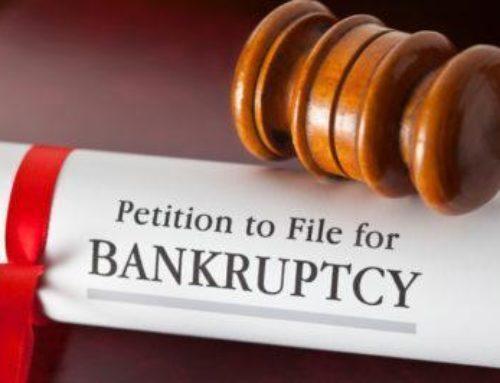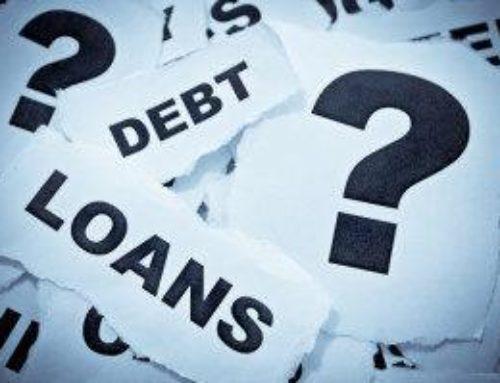The bankruptcy means test dictates if a debtor is qualified to declare bankruptcy (and proceed with debt-settlement) under Chapter 7. Essentially, this bankruptcy process determines if debtors have enough disposable income (means) to repay and wipe out outstanding debts from creditors, thus the name.
This bankruptcy procedure is generally for individuals with credit card debts or medical debts, and who are therefore planning to declare consumer bankruptcy (such is not a requirement for business bankruptcy). With the help of bankruptcy attorneys, filers must fill out required forms and other necessary paperwork. The bankruptcy court will then look into the submitted documents and decide on your case.
Under relevant bankruptcy laws, your monthly income should be lower than the median income (note that the median varies per state). Your living expenses will then be deducted from the above to determine your disposable income. This signifies what you can ideally use to pay back lenders and whether or not you qualify for a Chapter 7 bankruptcy case.
 The bankruptcy code requires documentation from the last six months, for both income and expenses. Bankruptcy attorneys can attest to how crucial this is. Make sure not to omit or indicate inconsistent values, especially for supposedly-consistent items such as monthly payments or fixed-amount bills.
The bankruptcy code requires documentation from the last six months, for both income and expenses. Bankruptcy attorneys can attest to how crucial this is. Make sure not to omit or indicate inconsistent values, especially for supposedly-consistent items such as monthly payments or fixed-amount bills.
If you pass the means test, discuss with your bankruptcy attorney if a Chapter 7 type of bankruptcy is indeed the best for your case. The different types of bankruptcy exist for a reason.
Discharging unsecured debt is one of the advantages of filing bankruptcy under Chapter 7. You would likely benefit most from this debt-settlement option if you would want your credit card debt, medical bills, and other unsecured debts discharged.
If you are bankrupt but did not pass the means test (or would like to keep certain property that you would like to be liquidated) you may look into restructuring your debts through a payment plan and filing Chapter 13 instead. Declaring bankruptcy under this chapter enables you to restructure and pay back what you owe. Note, however, that bankruptcy proceedings under this chapter would be a bit different.
If your case was brought to court but they did not approve your petition for bankruptcy because you failed the means test, do not lose hope. Filing a Chapter 13 is not your only option. The test can be taken again after six months since the income and expenses documentation are from the six months prior to your submission.
If you fail again or if you cannot wait for six more months (because you need to file bankruptcy right away), you might need to settle for a Chapter 13 bankruptcy proceeding. As previously mentioned, this bankruptcy type will enable you to pay back what is owed to a creditor in three to five years. If you are struggling with debt, this isn’t that bad.
There are several steps that must be taken when filing for bankruptcy. Among the first are: going through bankruptcy counseling, taking the means test, and consulting a reliable bankruptcy law firm.
Talk to an experienced bankruptcy lawyer in West Virginia. Call us at McIntire Law.




